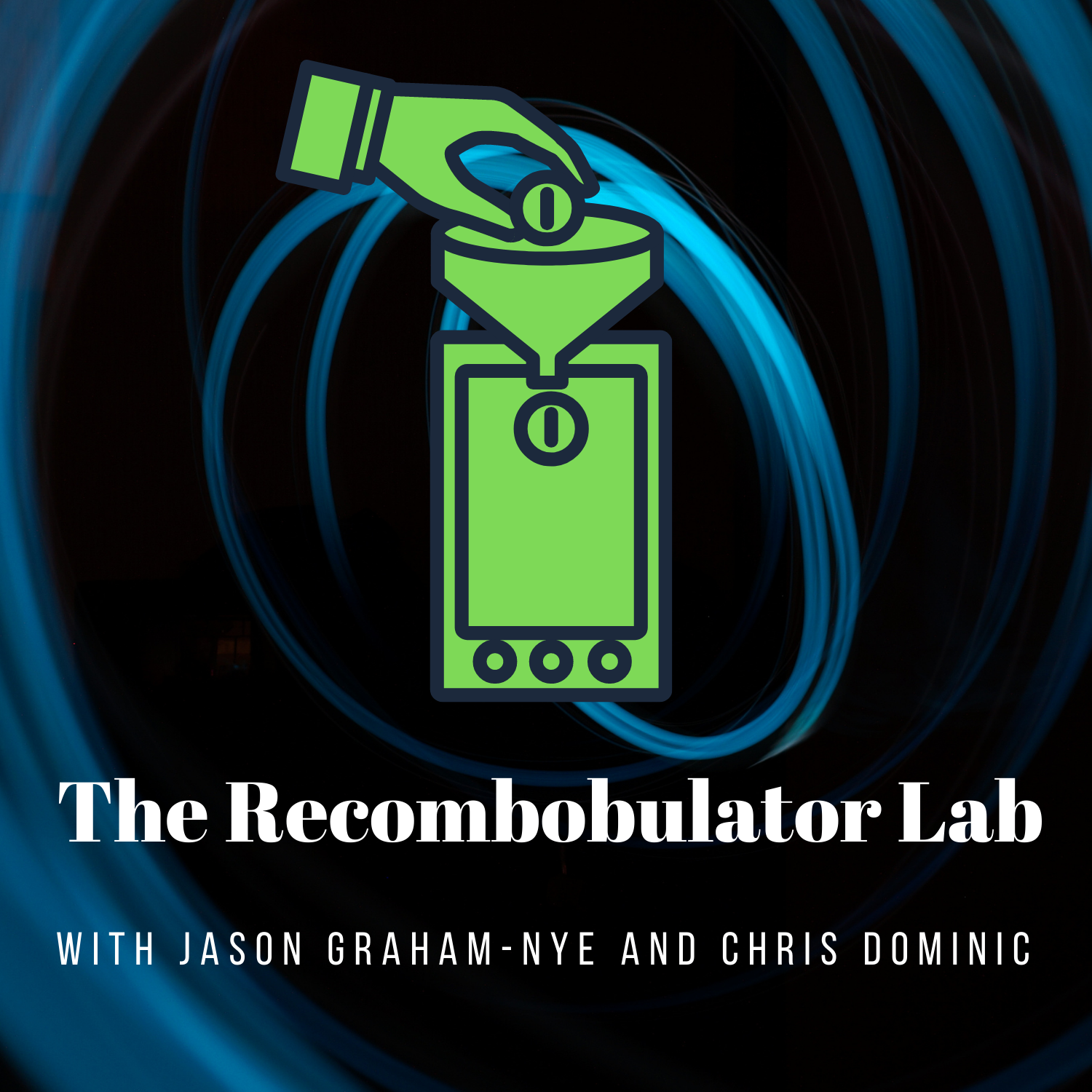Mixed Martial Arts (MMA), and its main organisation UFC, has absolutely exploded in recent years with Irish fighter Conor McGregor becoming the highest paid sports person in the world in 2021, the first time an MMA fighter held this position.
Chris and Jason are fascinated by this rapid growth and want to know more. They are joined by Irish journalist Ronan O’Flaherty to learn more.
The UFC is now a billion dollar organisation and is overtaking boxing in popularity. Ronan discusses a number of reasons for this growth.
To start, people enjoy watching organised fighting with a ref. But why the UFC over boxing? Ronan says that boxing has become progressively damaged as a spectator sport because there are so many different governing bodies. Boxers could avoid fights by being in different competitions.
In MMA there are also lots of bodies and competitions but the UFC “is the only show in town”, Ronan says. “For a fighter starting out it's the only place to be.”
Because of this unified organisation fighters can’t avoid each other making it much more satisfying for fans.
Jason asks Ronan about some of the previous UFC fighters, Ronda Rousey, Anderson Silva and Chuck Liddell.
Ronan says Ronda Rousey was one of the big fighters at the beginning of the current MMA boom. Anderson Silva still holds the record for longest undefeated streak as middleweight champion. And Chuck Liddell is one of the OGs in MMA.
But where did it all start? The UFC organisation was founded in 1993 in Denver, Colorado. Back then the fights basically had no rules. There were legal headbutts, hair pulling etc. Ronan says the fighting then couldn't even be classified as what we know as MMA today.
There were no regulations on what people wore either. Some wore tracksuit bottoms and no shirt, while others wore the traditional martial arts gi.
Winners would fight multiple times in one night in a knockout style tournament until one was crowned champion in the final. There was a “gladiatorial element to it”, Ronan says. MMA wasn’t allowed in every state in America. It had to change hugely and rules were brought in after a few years.
Chris notes that it didn’t form from martial arts competitions but was rather closer to fight club in its origins.
As soon as a fighter becomes popular Dana White,president of the UFC, gets them involved in the big performance fights to draw a pay per view audience. These fights are based in the US and fought at the right time for US audiences. US audiences are the most willing to pay for sports TV. Pay per view isn’t a big thing elsewhere in the world.
Irish fighter Conor McGregor fought Russian Khabib Nurmagomedov in 2018 and it was the biggest pay per view fight in the UFC with 2.4 million views.
UFC released a document on this a few years back addressing the dangers and guidelines about concussion. It was a huge document but Ronan believes it was unsatisfactory. They do have medical suspensions after big injuries though.
The UFC has a long way to go in dealing with concussion and injury, Ronan thinks.
Above 30 fights is very dangerous. It's generally not one fight that damages you, Ronan says, it's an accumulation of fights over a career.
In 2018 an Irish MMA organisation organised its first event. Irish fighter Charlie Ward took on Portuguese Joao Carvalho. Charlie won with Joao taking 41 blows to the head. Both fighters were assessed and deemed fine after the fight until Carvalho had headaches and got rushed to hospital. He died 2 days later from head injuries.
The Recombobulator Lab is media partners with the global alliance for incinerator alternatives or GAIA for Zero Waste Month. GAIA is a network of grassroots groups as well as national and regional alliances representing more than 1000 organisations from 92 countries.
Events will be taking place throughout the month online and in person in India, The Philippines and around Asia.
For more information, visit www.no-burn.org or follow GAIA Asia Pacific on social media: Facebook, Twitter, Instagram, YouTube, and TikTok.
For the latest news from GAIA please click here.

Chris & Jason reverse roles—at least regarding cold-weather clothing, and Jason discusses how strict Australia’s travel restrictions are. Chris then reports some good news....

Did you know that America is one of the few countries in the world where people have an entitlement to guns if they have...

After 140 people went missing from a glacier breaking off in the Himalayan portion of India, Friend of The Lab, Tom Osdoba, drops in...